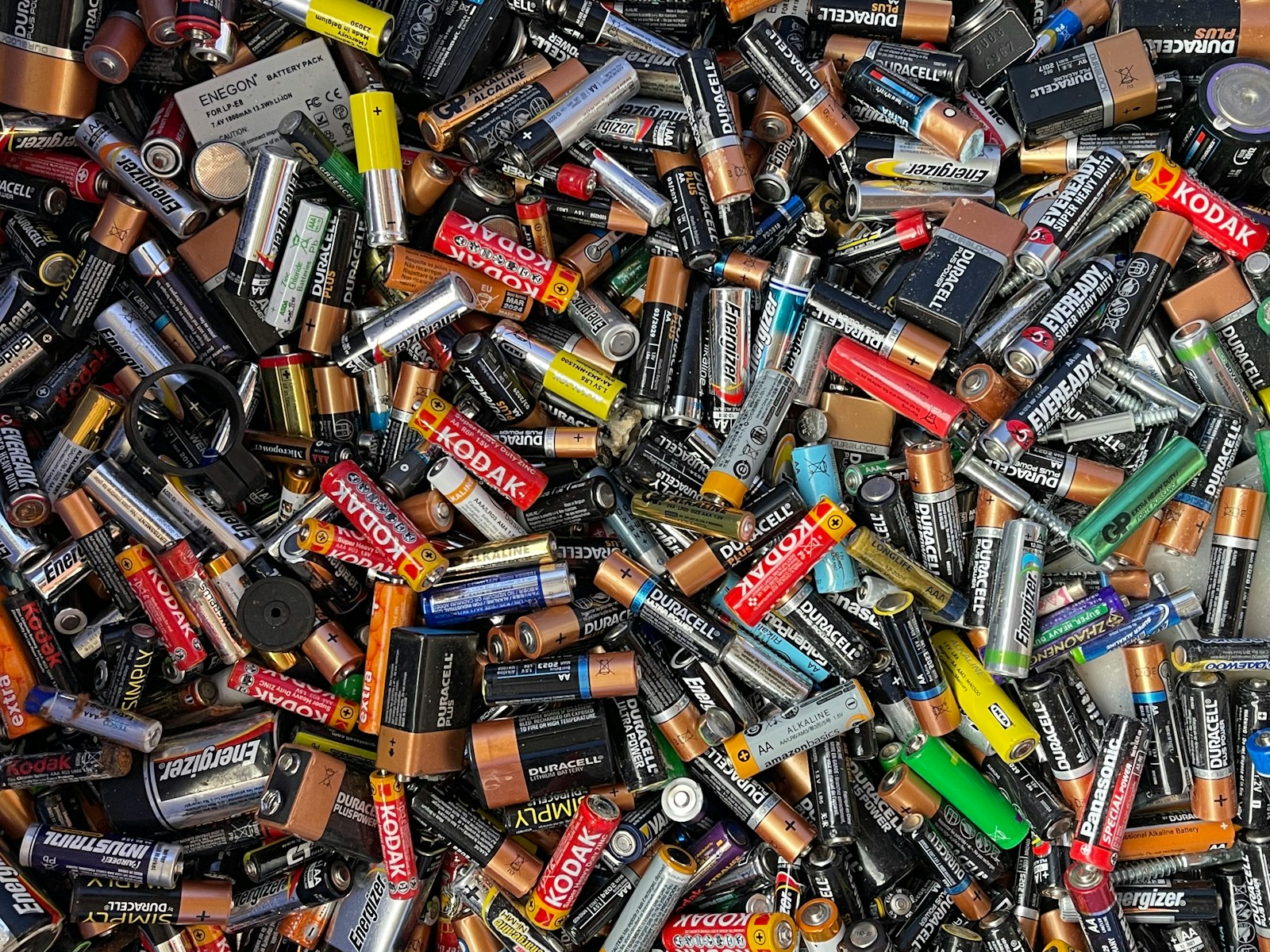New York has long been at the forefront of environmental responsibility, passing legislation designed to keep harmful pollutants out of landfills while promoting more sustainable practices. As technology continually evolves, schools and businesses across the state are upgrading devices, accumulating unused electronics and batteries in the process. By recycling these items responsibly, New York organizations can protect the environment, remain legally compliant, and improve their community reputation. Below, we discuss the key reasons why battery and electronics recycling is essential for New York businesses and schools.
Reader's Roadmap
Compliance with New York State Regulations
NYS Electronic Equipment Recycling and Reuse Act
New York’s Electronic Equipment Recycling and Reuse Act mandates that manufacturers provide free recycling opportunities for certain types of electronic waste (e-waste). These regulations affect items like computers, televisions, and other covered electronic equipment (CEE), encouraging responsible disposal and preventing harmful materials from ending up in landfills.
Battery Disposal Laws
Many batteries—including rechargeable (nickel-cadmium, lithium-ion) and some single-use (alkaline, button cell)—fall under specific regulatory guidelines in New York. Certain rechargeable batteries, such as those used in laptops and cell phones, are banned from trash disposal and must be recycled through approved programs. Failing to follow these rules can result in penalties and fines.
Local Waste Disposal Restrictions
Cities and counties in New York may impose additional regulations or waste disposal fees for electronics and batteries improperly disposed of. Recycling ensures that businesses and schools remain compliant with all local requirements, saving time, money, and avoiding potential legal issues.
Protection of the Environment and Public Health
Mitigating Toxic Waste
Batteries and electronics often contain hazardous materials such as lead, cadmium, mercury, and lithium. When discarded improperly, these toxins can seep into soil and water sources, negatively affecting local ecosystems and posing health risks to wildlife and humans. Proper recycling methods safely manage these substances, preventing environmental contamination.
Reducing Greenhouse Gas Emissions
Manufacturing new batteries and electronics requires significant energy and raw materials. By recycling, materials like metals, plastics, and glass can be recovered for reuse in new products, reducing the demand for resource extraction and lowering greenhouse gas emissions associated with manufacturing.
Conservation of Valuable Resources
Recovery of Precious Metals and Materials
Electronics and batteries may contain precious metals such as gold, silver, and copper. Recycling allows for the retrieval of these resources, mitigating the need for new mining operations. The reclaimed metals can be used in other devices—an approach that aligns with New York’s emphasis on sustainable resource management.
Reduced Demand for Raw Materials
When valuable metals and plastics are reused, organizations help preserve the world’s diminishing natural resources. Recycling also spares land, water, and energy typically required to mine or produce new materials, leading to a more circular economy.
Data Security for Sensitive Information
Protected Student and Company Data
Schools hold confidential student records, while businesses store financial and intellectual property information on servers, desktops, and mobile devices. Improperly discarding these devices leaves them vulnerable to unauthorized data access. Certified recyclers offer guaranteed data destruction services—either via wiping, degaussing, or physical shredding—to ensure sensitive information remains secure.
Minimizing Risk of Identity Theft
In New York, businesses and schools must exercise caution to protect personal information. Discarding or reselling old devices without wiping data could expose employees, students, and customers to data breaches. Electronics recycling companies specialize in secure handling, ensuring compliance with data privacy regulations.
Enhancing Community and Organizational Image
Demonstrating Environmental Leadership
Whether it’s a high-performing school or a reputable business, a commitment to recycling batteries and electronics showcases social responsibility. Adopting eco-friendly measures positions organizations as leaders in their communities and can attract like-minded partners, donors, and customers.
Educational Opportunities
Schools in particular can use battery and electronics recycling initiatives as teaching moments. Students learn about proper waste disposal, environmental protection, and resource conservation. This real-world application helps reinforce classroom lessons about sustainability and social responsibility.
Cost Savings and Operational Benefits
Avoiding Disposal Fees and Fines
Since certain electronics and batteries are regulated, improper disposal can lead to significant fines. By partnering with approved recyclers, schools and businesses can often avoid extra fees. Many recyclers even offer free or low-cost pickup services for larger quantities of e-waste.
Freeing Up Space
Old electronics often end up taking precious space in storage areas. Recycling these devices clears clutter, enabling more efficient use of on-site facilities. Schools can repurpose storerooms for educational materials, while businesses can convert storage areas into productive workspace.
Conclusion
For New York businesses and schools, the decision to recycle batteries and electronics is more than just an environmental gesture—it’s a responsible move that supports legal compliance, safeguards data, and promotes resource conservation. By partnering with certified recyclers and adhering to local and state guidelines, these organizations can protect their communities, create positive educational opportunities, and uphold their reputations as stewards of both public health and the environment.







Leave a Reply
View Comments